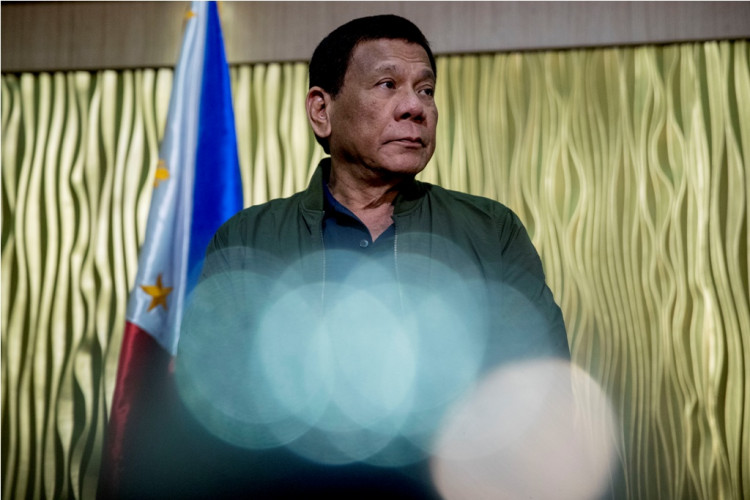Philippine President Rodrigo Duterte (PRRD) has finally signed into law a measure that gets rid of the highly-controversial Road Board. Republic Act 11239 officially abolishes the committee but employees will be absorbed by the Department of Public Works and Highways (DPWH).
According to local newspaper Manila Bulletin, R.A. 11239 transfers all liabilities, assets, and rights of the abolished Road Board to the DPWH. The new law also states that the collection of motor vehicle user's charges (MVUC) will now be remitted to the National Treasury under the General Fund.
Details about the abolishment of the Road Board were released by the Malacanang Palace on Tuesday wherein part of the law read, "The Road Board created by Republic Act No. 8794 is hereby abolished."
"All records, property, assets, equipment, and funds on the Road Board, including unexpended appropriations or allocations, shall be transferred to the DPWH," the law read.
Multiple outlets reported that the controversial committee has been laden with graft and corruption. Duterte's move is part of his administration's efforts in eradicating or at least reducing corruption and abuse of power in government agencies and departments that operate under the Philippine government.
As part of the abolishment process, the law orders Secretaries of the Department of Budget and Management, DPWH, and Department of Transportation to implement regulations as noted in the law. The said departments have also been told to ensure that the special funds collected through MVUC be used appropriately.
Previously, Section 7 of R.A. 8794 ordered MVUCs to be deposited in four trust accounts. These are namely the Special Road Support Fund, the Special Road Safety Fund, the Special Vehicle Pollution Control Fund, and the Special Local Road Fund. Through R.A. 11239, these "special" accounts will be eradicated, ABS-CBN News reported.
Furthermore, collections will be dedicated "solely" for building or rehabilitating bridges, roads, and drainages. The construction budget of such infrastructure, as well as repairs, are to be extracted from the MVUC funds.
Before PRRD abolished the Road Board, the Philippine Commission on Audit pointed out that MVUCs have been used inappropriately. The commission added that under the Road Board, the collected amounts of money are vulnerable to corruption.
PRRD has also repeatedly called for the Road Board's abolition, calling the committee a "milking cow" for acts linked to graft and corruption. He previously commented that after he abolishes the board, he will prioritize the diversion of funds to the Bicol Region, an area in the Philippines that often suffers from flooding.






